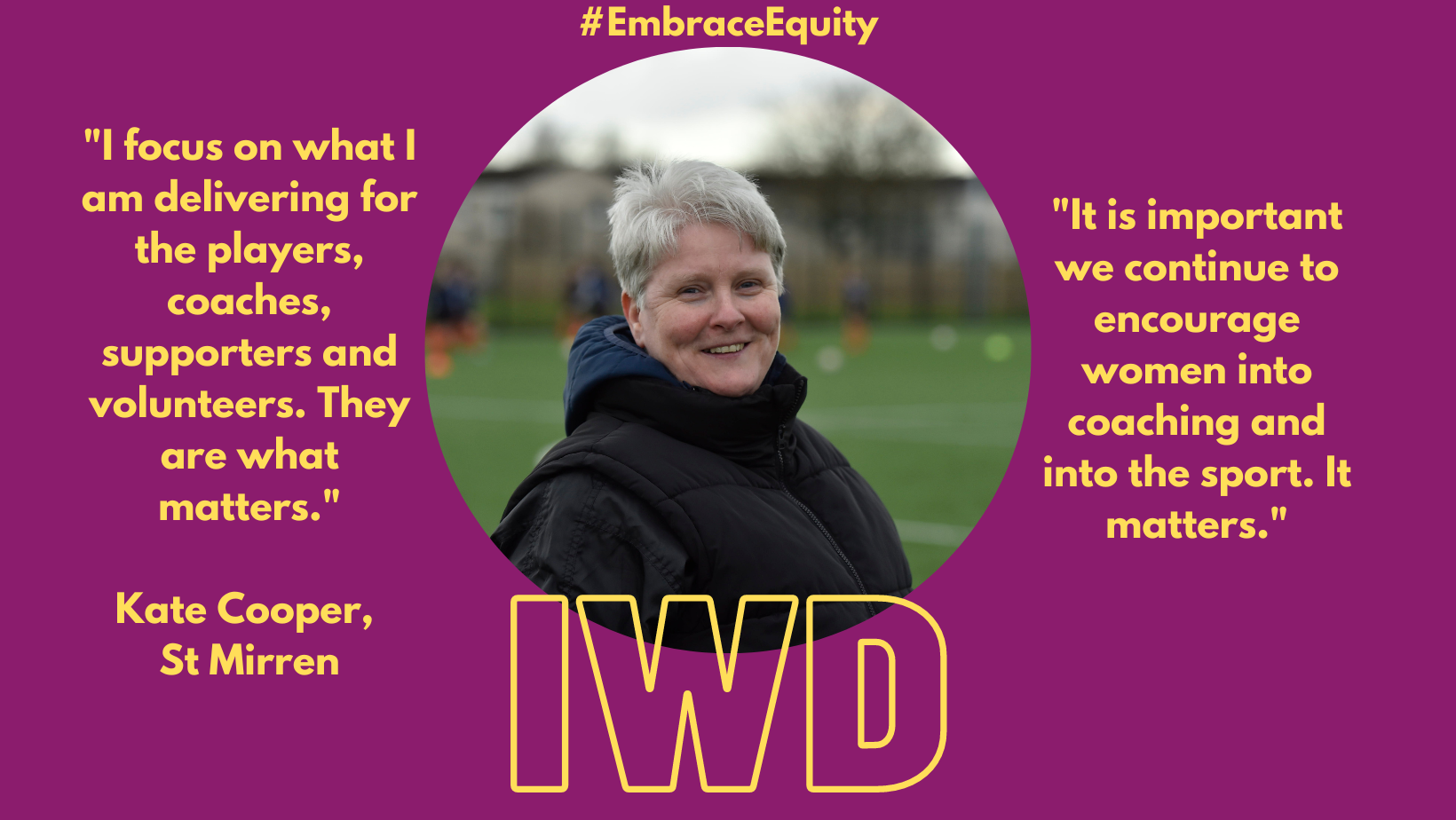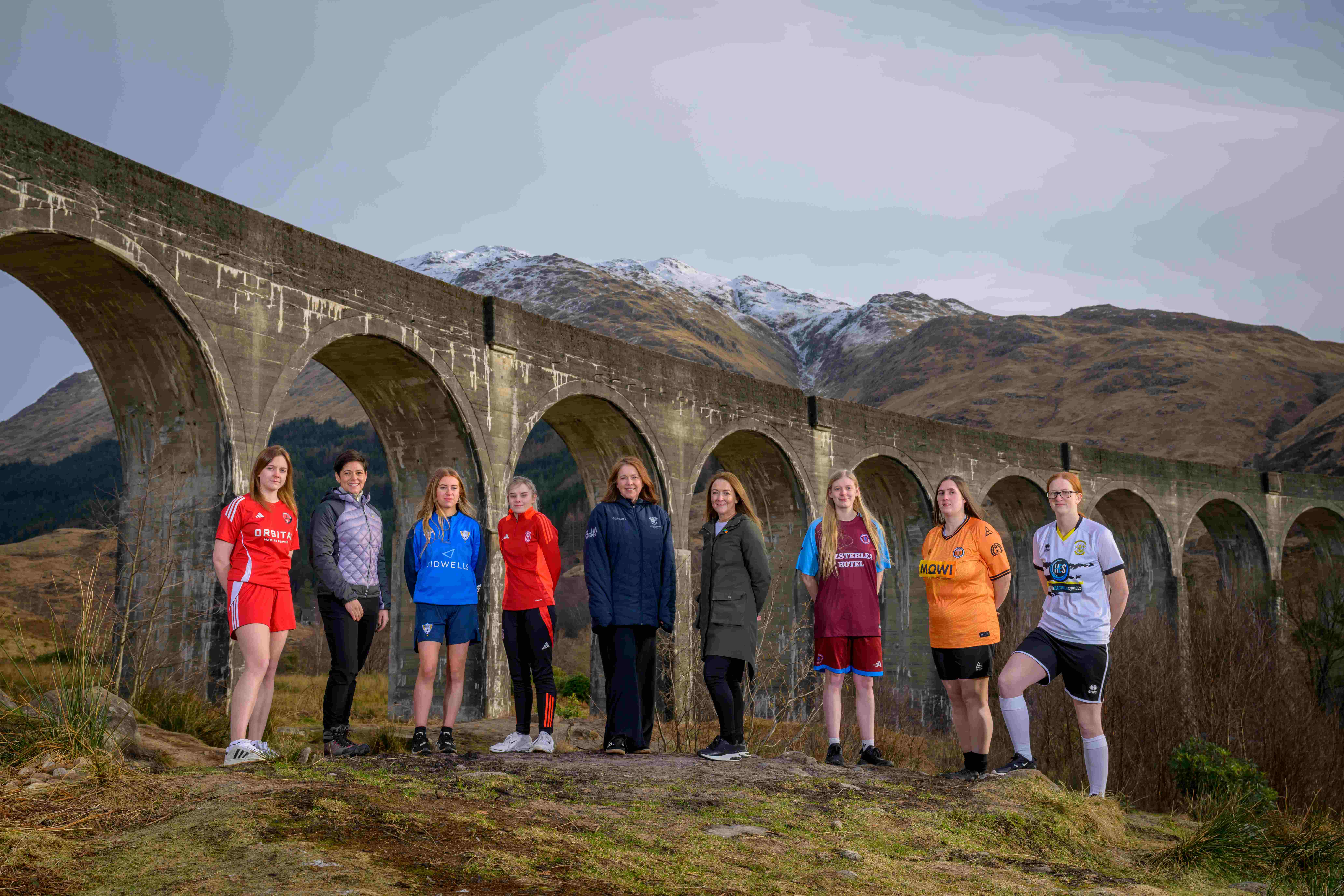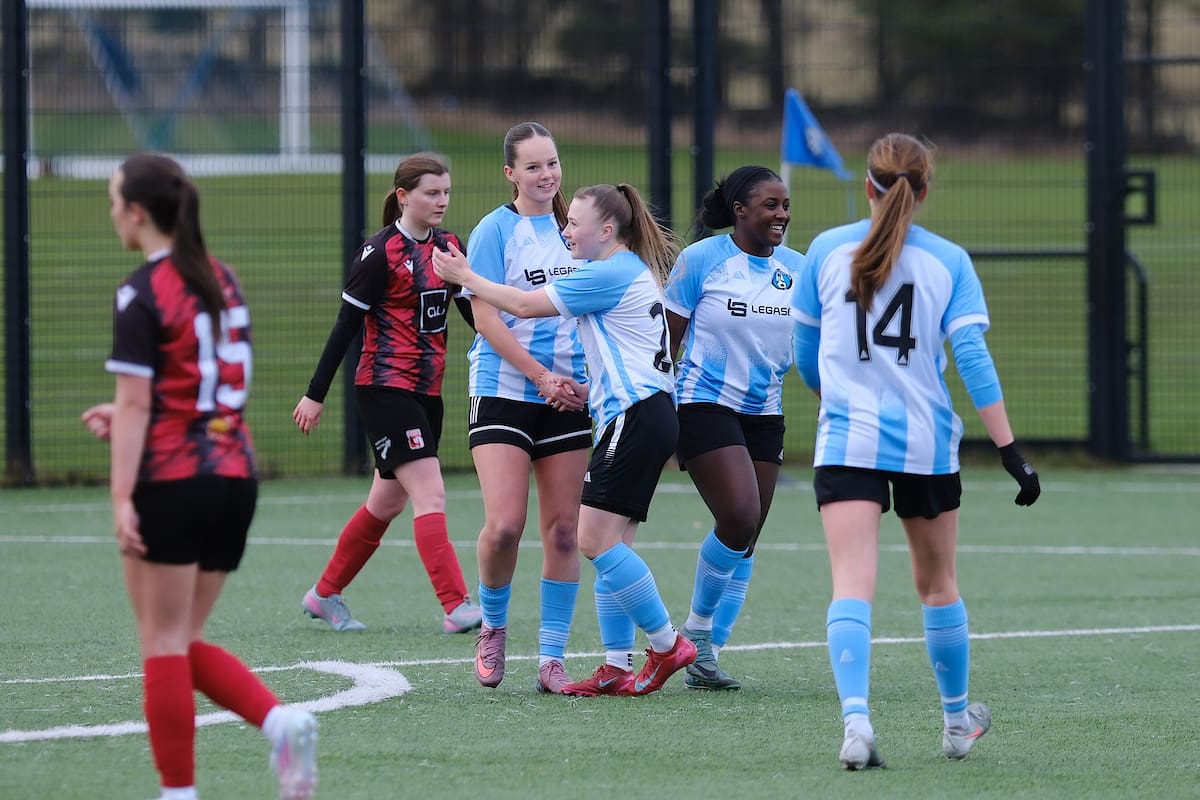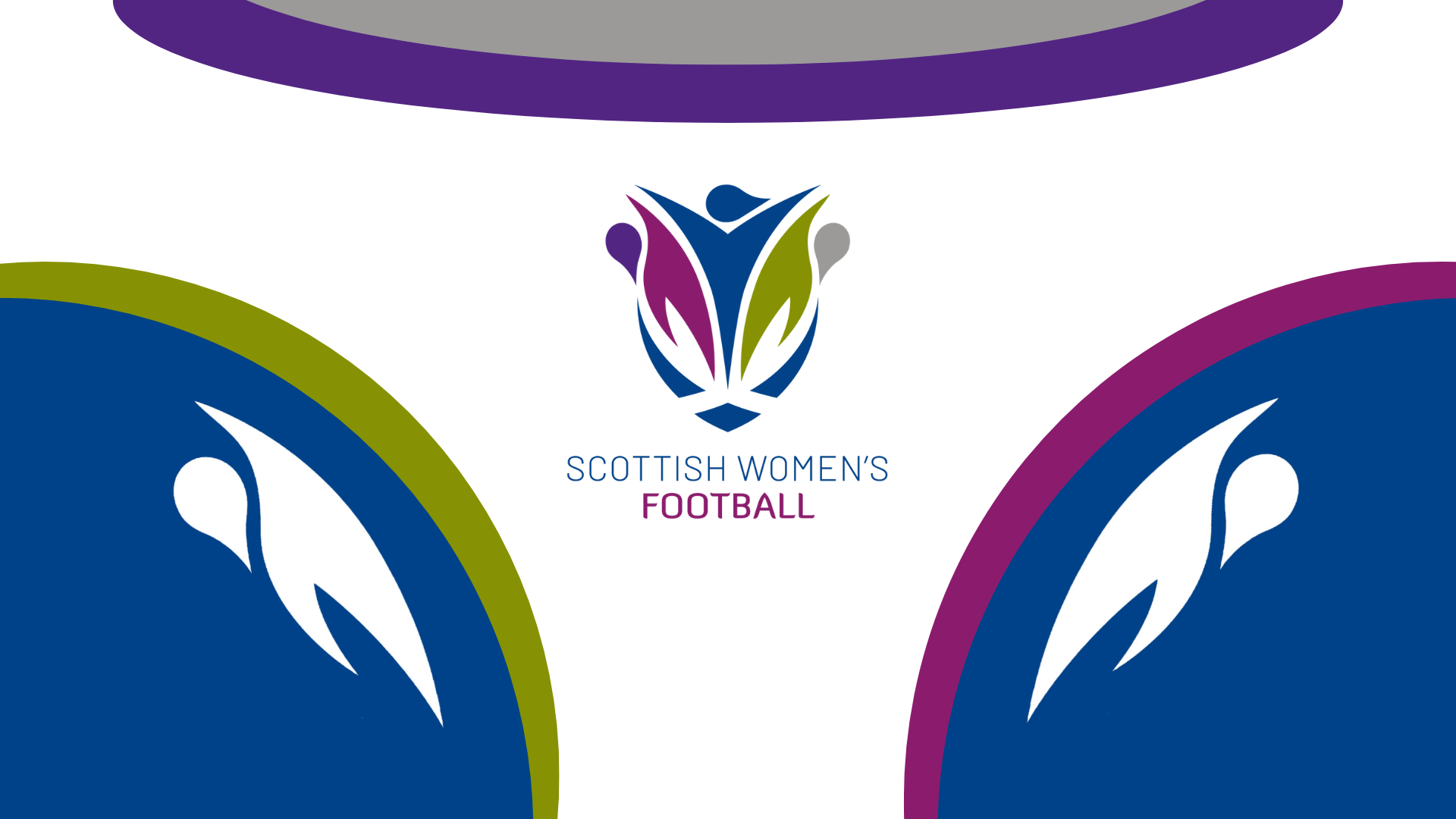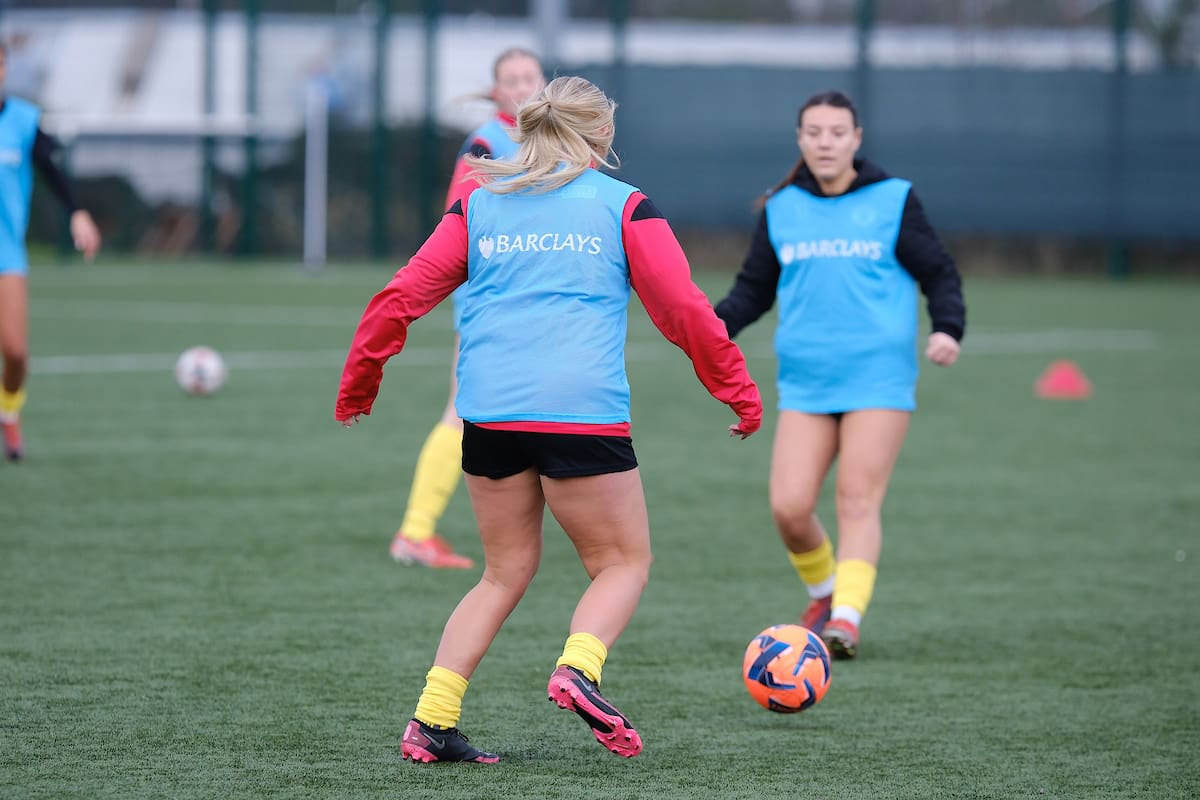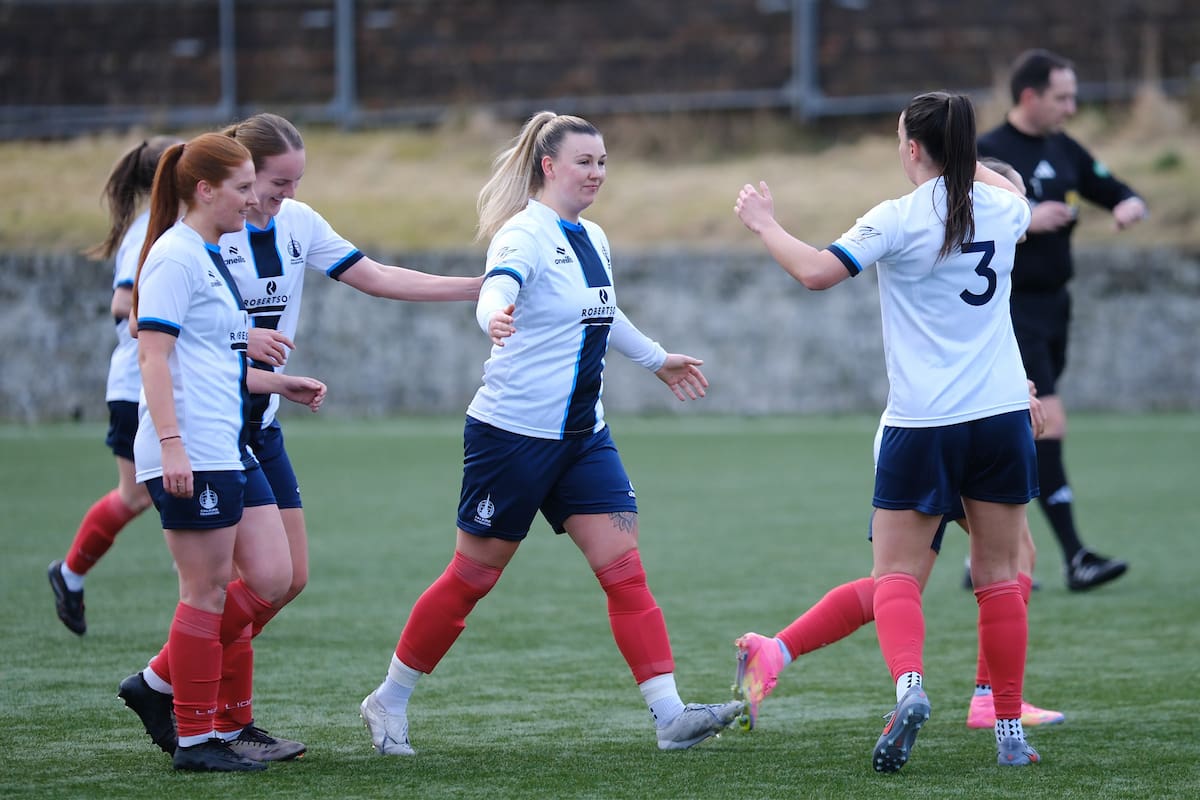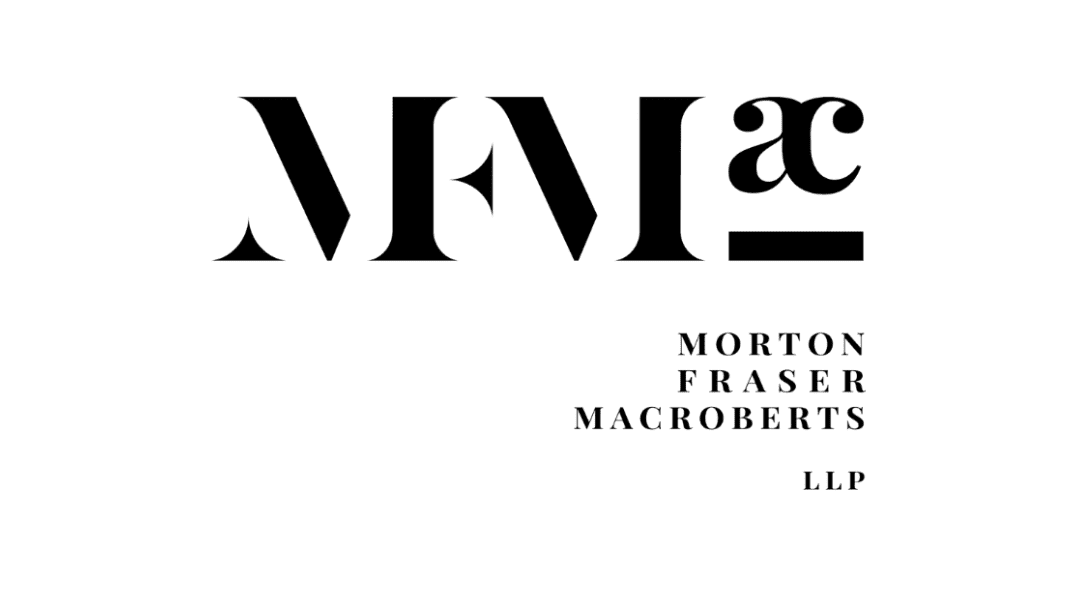International Women’s Day: Kate Cooper
Did you know just 25% of head coaches/managers in SWF’s national leagues are women?
This year’s theme of International Women’s Day is #EmbraceEquity and we asked the women at the top of our game about their own journey.
Last but not least of today’s interviews is St Mirren manager Kate Cooper.
Q1: How did you get into coaching?
When I played football, I had female coaches. They encouraged me to get in to coaching as a way to develop as a player and have a longer future in the women’s game. When I starting playing football at 13 years old the women’s game had only been up and running officially for 10 years. Most teams had female coaches, who were former players or player/coaches. They knew for the growth of the game we needed to be involved. I went on my first course when I was 18 years old.
Q2: Do you think a lack of women coaches and managers in the game is a problem?
It’s been interesting for me to watch the game grow. I had the experience of having female coaches, and I watched them push and demand more for the game in Scotland. I know it influenced my desire and commitment to the game for the last 30-odd years. As the game became more popular, more male coaches became involved and like many areas in life women can get sidelined. What we juggle everyday is different from male coaches. I still can and do experience prejudice, sexism, judgement. So I focus on what I am delivering for the players coaches supporters and volunteers. They are what matters.
I feel it is important we continue to encourage women into coaching and into the sport. It matters.
Q3: Girls in Scotland can now dream of becoming professional players. What needs to happen for more of them to dream about being a professional coach?
I think this needs a 2-point approach. At the younger age groups many coaches come into the game because their daughter is playing football and they volunteer their time until she stops playing and we don’t retain them. So for many clubs coaching can be an adhoc process. We need to create coach pathways that recruit and retain individuals who want coaching as a career.
Secondly, to have professional coaches there has to be recognition of their qualifications and experience. And while it’s not always about money the cost of coaching qualifications can be prohibitive, especially to women, who many we know are challenged by the gender pay gap. It takes months to get places on courses being provided to be able to develop your skills and qualifications. And then there is little or no payment for coaches. So there is still a lot of work to be done in this area to change mindset and attitudes towards professionalising coaching pathways.
Q4: Describe your League One campaign this season.
We set out a plan with the players of the journey we wanted to take over the season. After returning from the pandemic were effectively starting from the beginning. Last season we finished 3rd bottom. We indicated where we felt we could mark marginal gains at different stages of the season. The players have committed and progressed well, and we have seen us grow in confidence. That’s been reflected in our results.
Q5: What are your aims and ambitions for the rest of the season and next?
As we move into the final part of the season, we wanted to be the the top 6 so we could challenge ourselves against the best teams in the league until the end of the season. We are on course to do that and I know everyone at the club is feeling excited for the next few months. And that’s a great place to be.
These next few months are important for us to to perform well as it will set up our start for Season 2023/24. But it’s always about growth and we are always focused on improving both on and off the pitch to gain promotion to the Championship.
